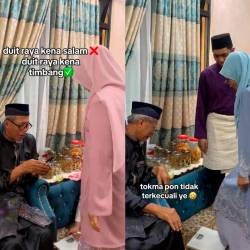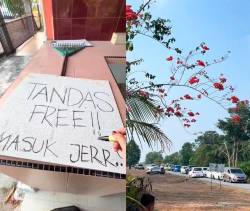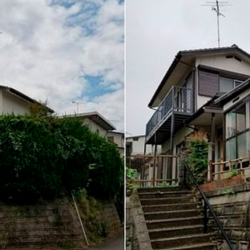UPDATE 1-Long queues at Australian border closed by coronavirus
(Recasts and updates throughout with border detail, new infection numbers)
By Byron Kaye and Colin Packham
SYDNEY, July 8 (Reuters) - Long queues of cars banked up on either side of one of Australia's busiest internal border crossings on Tuesday after it was closed overnight in a bid to contain a fresh outbreak of the coronavirus in the country's second-biggest city.
Police checkpoints caused delays of more than an hour for drivers attempting to cross between New South Wales and Victoria, a highly porous state line that is heavily trafficked by daily commuters who live and work on opposing sides of the state line.
Officials in both states agreed to shut the border for an indefinite period with just two days' notice after a recent surge in numbers of new COVID-19 cases in the Victorian capital of Melbourne.
Victorian officials have also announced a return to lockdown measures in Melbourne that will kick in from midnight for at least six weeks, closing down cafes, bars, restaurants, hairdressers and gyms, and confining around 4.9 million people to their homes except for essential business.
Authorities had hastily set up a system to issue travel permits across the border for a select group, mostly commuters in border towns, as hundreds of police officers and army troops were deployed to monitor the closure.
But a website created to dispense passes crashed soon after its launch on Tuesday evening with officials saying more than 44,000 people applied. Officials reassured that regular commuters could instead show residential and employment documentation.
"Most people are from border towns thus far, that have tried to cross," NSW state police commissioner Mick Fuller told the Australian Broadcasting Corp on Wednesday morning. "We'll continue to work with particularly border communities over the next few days to smooth that out."
Kevin Mack, the mayor of Albury in New South Wales, a city twinned with Wodonga in Victoria, said people were waiting up to 50 minutes to cross the bridge over the Murray River that forms the official border.
"People understand that these are unusual times," Mack said. It is the first time the border has been closed since 1919, during the Spanish flu pandemic.
"I got a permit but with all the checks, my commute across was heavily delayed," Amanda Cohn, who crosses the border from her home in NSW each day to reach the Victorian hospital where she works, told Reuters by telephone. "Plenty of others need to get across and they don't have a permit."
TOWER LOCKDOWN
The Australian economy will take an economic hit of up to A$1 billion ($700 million) per week from the border closure and Melbourne lockdown, federal treasurer Josh Frydenberg said.
"The decision to take these steps is not an easy one, it's not taken lightly, but it is the most appropriate response to ... take control of the virus, drive down case numbers, and get to the point where we can recommence that opening up in six weeks," Victoria Premier Daniel Andrews said in a televised news conference.
Victoria reported 134 new infections in the 24 hours to Wednesday morning, down from the previous day's record 191 but well over the low-single-digit daily increases of the seven other states and territories.
Of the new cases, 75 were occupants of nine public housing towers, that were earlier this week placed under the country's strictest lockdown so far. Around 3,000 residents have been banned from leaving the buildings, which are under police guard, for five days. All residents are being tested for COVID-19.
Nationwide, Australia has reported about 9,000 COVID-19 cases and 106 deaths from the virus.
($1 = 1.4399 Australian dollars) (Reporting by Byron Kaye, Colin Packham and Renju Jose; Editing by Jane Wardell)






